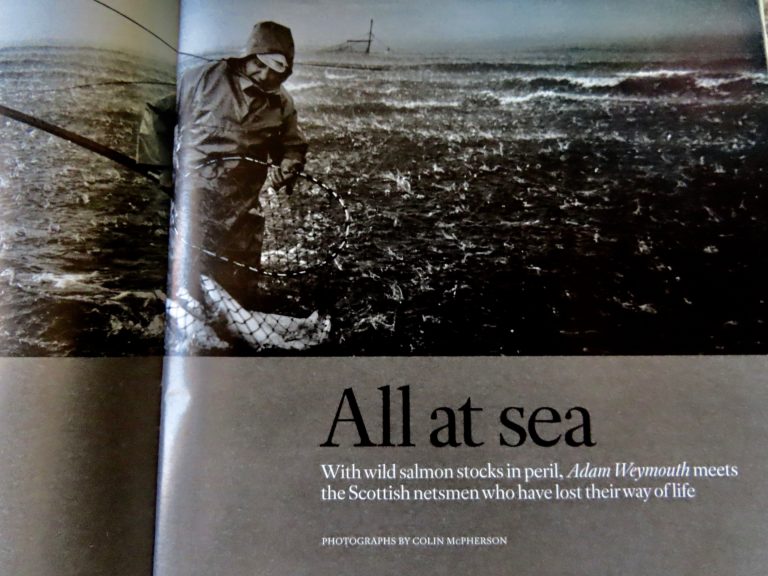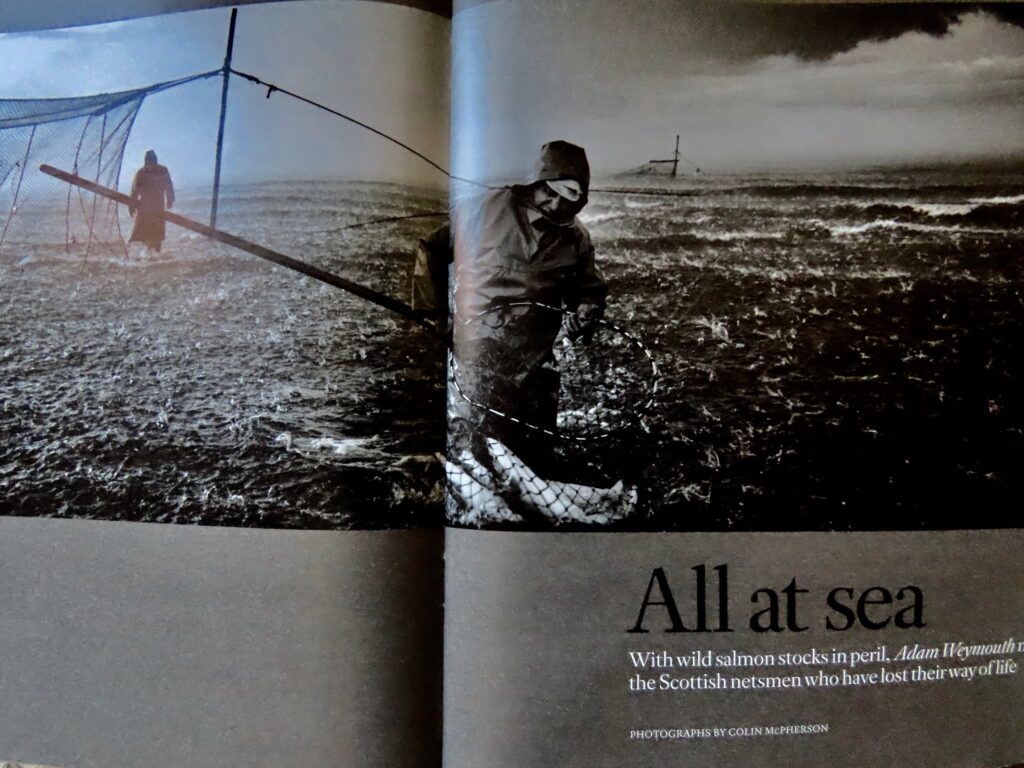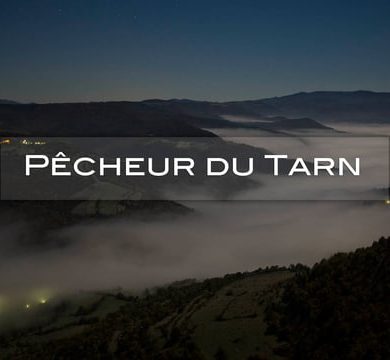Interesting to see the Sunday Times magazine (January 9th 2022) covering the plight of the salmon netsmen of yore. The piece was relatively well informed, to my eyes, lamenting the death of an ages-old way of life more than anything else. I think we would all like there to be enough wild salmon for their craft to recommence, but there are not.
Which I find a shame for gastronomic reasons. I suspect there are not many of us under the age of fifty who actually remember what WILD salmon taste like. My parents were quite well off in the Fifties, but even so, for us the first wild salmon of the year was a massive treat, occurring towards Easter time generally. We all preferred the fish cold, with new potatoes, salad, and my mother’s home-made mayonnaise. I can just about recall the smell and the texture of that wonderful salmon now. I caught a fair few salmon in the Eighties, and I think the last one that I killed for the table would have been around 1988. My wife is an excellent cook. She buys farmed salmon regularly. I always have mine cold, with a dollop of Hellmann’s. It tastes not a jot like my mother’s wild fish of my infancy, and I am sure that is fact not fantasy.
The ST article was quite fair, but certain issues were airbrushed. The grey seal has been protected for over a century and now numbers in excess of 120k animals around our shores. That amounts to 95% of the European population. The article says that seals do not eat salmon, which I find hard to believe. On Blakeney Point in Norfolk I have seen them hunting sea trout and bass with dedication, skill and success, and I cannot believe they make some exception for salmon. A seal who swam the river Wensum and made home in Norwich ate all the pike there so they are hardly afraid of taking big fish, are they? The article also says, rightly, few smolts make it back to the sea… but there is not a single mention of the cormorant word.
The incontestable damage fish farms do to the environment was reasonably fairly covered, though the horrors of the past at least were, once again, treated lightly. For example, the decline in sea trout numbers was passed over. From what I have heard in recent trips to Scotland, fish farms are better regulated than they were in the Nineties, but that much work remains to be done to make them ecologically acceptable.
I have kept this short as I’d like to think others will have read the piece and will have their own observations to make.



